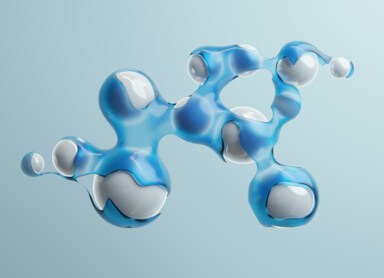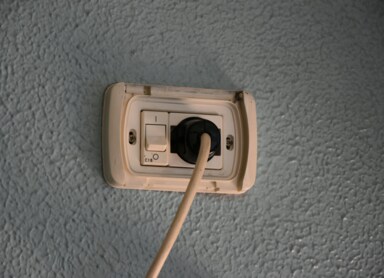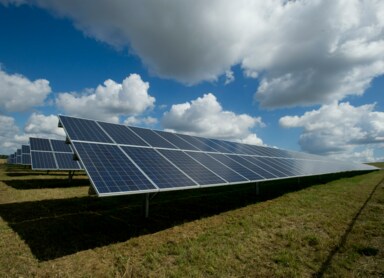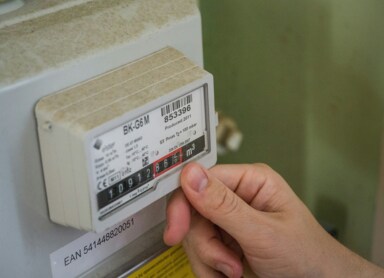How can we save water in everyday life?
In European countries, water is a resource whose availability is often taken for granted. Meanwhile, it turns out that as many as 3 billion people worldwide experience problems with access to it, and the annual losses resulting from this are estimated at over 200 billion pounds. How can we save it in our daily lives?
How to save water at home? The best ways to reduce consumption
The simplest way to save water is, of course, to turn off taps when the flow isn’t needed. This applies especially to activities like brushing teeth, shaving, or washing dishes. Just one minute of water running at high pressure can waste 5–6 liters.
It is also recommended to regularly check your plumbing with a professional. If you’re wondering how to save water in the shower, sealing taps and pipes is a good start. A dripping faucet or pipe may seem harmless, but over a year, it can waste hundreds of liters. Another effective strategy is filling the washing machine and dishwasher completely. This saves both water and electricity.
How to save water in the kitchen
The kitchen is a good place to focus on water savings. Cook only the amount of water you need and don’t pour away leftovers unnecessarily – it can be reused, for example, to water plants.
Don’t defrost food under running water. It’s more efficient to leave it in the fridge overnight. Also, try to wash fruits and vegetables in a bowl rather than under running water to use less.
Install aerators on taps. They are inexpensive, easy to fit, and can reduce water use by up to 15%. The water stream is filled with tiny air bubbles, maintaining pressure while reducing flow.
How to save water in the garden
Gardeners know that watering plants in the heat can be harmful. Collected water can form a lens that focuses sunlight, causing local tissue damage. However, water also evaporates quickly in high temperatures, so plants may not benefit anyway.
For this reason, watering is best done early in the morning or late in the evening. Hand watering uses significantly less water than automatic sprinklers, although it is less convenient.
Collect rainwater whenever possible. Place a barrel under a gutter or another spot where water can flow freely. It’s free and effectively hydrates soil and plants.
Many ways to save water exist – you just need to pay attention. The challenge is consistency. Developing habits and educating children helps the next generation respect natural resources.
How can companies save water? Practical tips
Agriculture is the largest industrial water user, needed for irrigation, livestock, and aquaculture. Food, chemical, and metal industries come next, using water for cooling, production, and cleaning. Traditional power generation completes the top three.
Companies should start by conducting a water audit to identify usage patterns and processes that consume the most water.
Renewable energy also helps indirectly. Installing solar panels reduces reliance on water-intensive energy sources. Companies without PV systems can use Power Purchase Agreements (PPA) to source energy from green suppliers.
Creating green spaces is good for image, but it should not come at the cost of excessive water use. Design expectations should match reality – growing non-native plants or flower meadows in urban centers can be costly and water-intensive.
Many industrial companies use grey water – water free of fecal matter, unsuitable for drinking but useful for production processes.
Employee education, internal policies, and leadership initiatives are key. Encouraging recycling, upcycling, and efficient water use helps create a culture of conservation. Large companies also have a strong lobbying power to promote environmental legislation – this influence should be used responsibly.
Why save water? Benefits for environment and budget
The economic benefit of saving water is obvious – lower costs. One cubic meter of tap water costs around 5 PLN (≈$1), or 0.005 PLN per liter. Small savings add up, especially in industrial processes that use thousands of liters daily. Reducing water use also lowers your carbon footprint.
Less wasted water means more remains in ecosystems, benefiting all living organisms, not just aquatic ones. Water treatment infrastructure has limits; exceeding them can result in pollution entering rivers, seas, and oceans.
Water savings can be achieved by households and large businesses alike. While the immediate financial savings may seem smaller than those from electricity or gas, they become significant over a year. Most importantly, reducing water waste protects the environment, an undeniable benefit.
If you’re looking for ways to cut costs and improve efficiency, we can help you find solutions tailored to your business’s size and operations.






